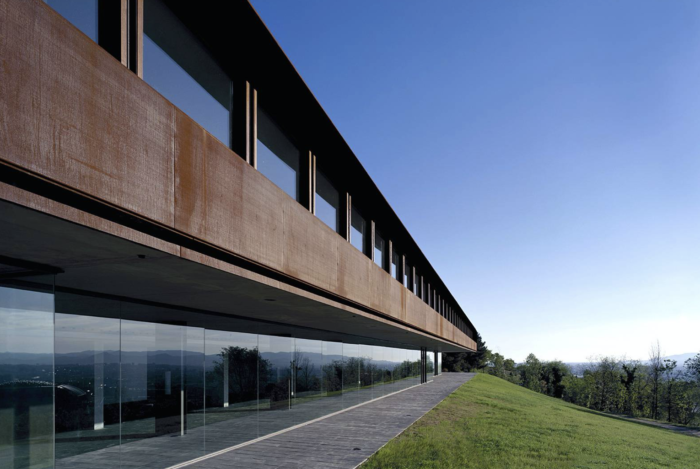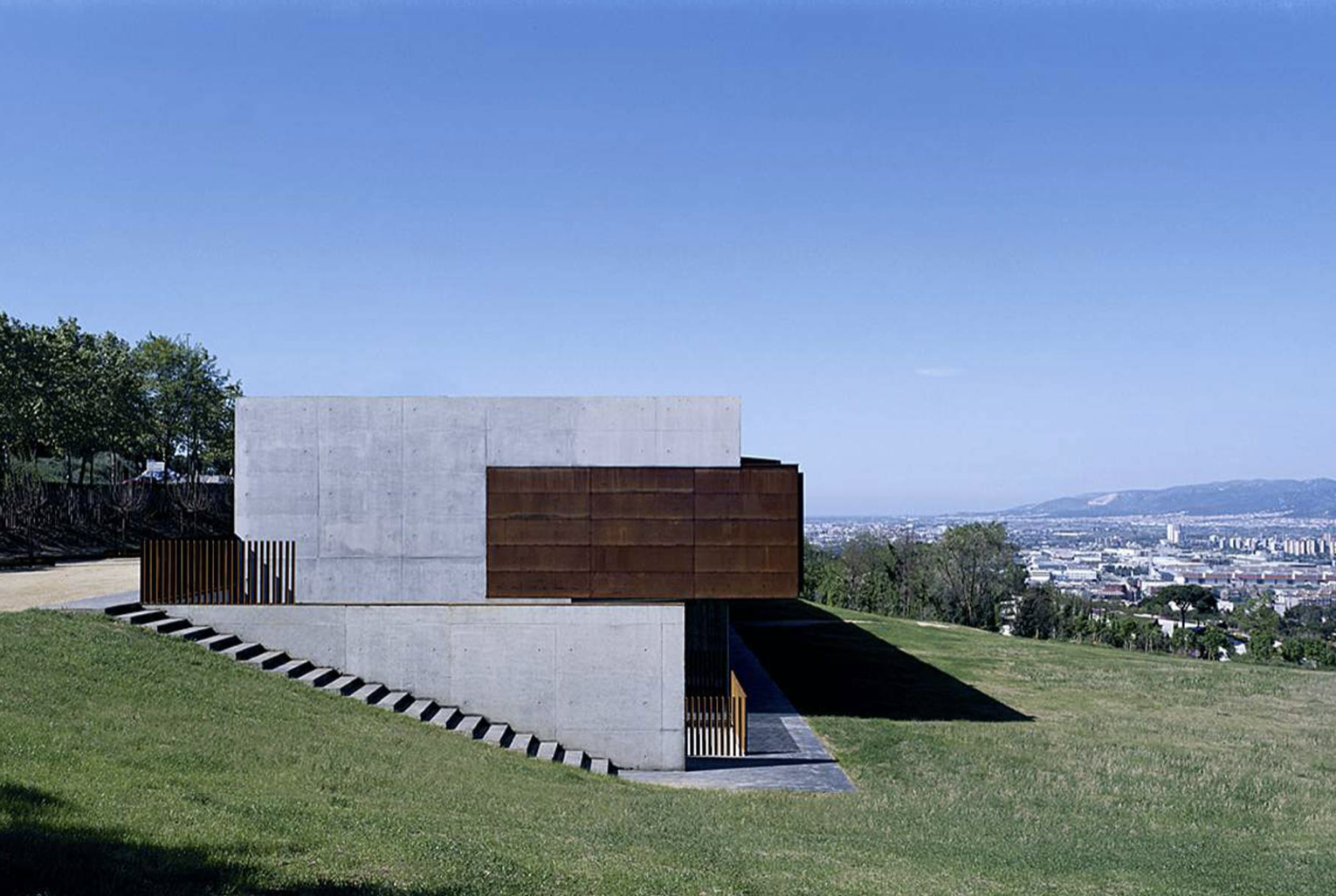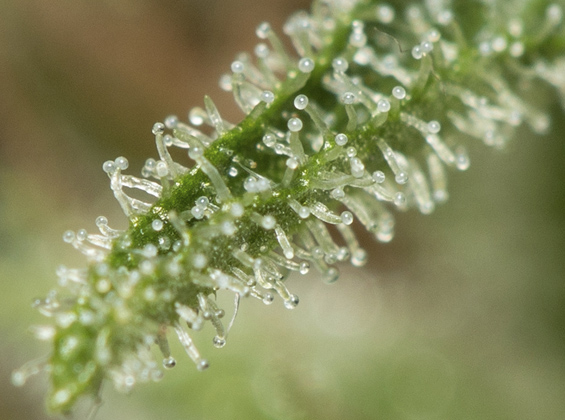The center that depends on the CSIC and the Barcelona City Council is doing research about the genetic origins and ancestral uses of cannabis, a plant with a millenary history.
The project, funded by the Ministry of Science and Innovation, is one of the ten projects that have the authorization and license of the AEMPS (Spanish Agency for Medicines and Health Products) for cultivation of cannabis for research purposes. The agency under the Ministry of Health aims as the main goal of these research the development of genotypes and phenotypes, the tracking of Cannabis Sativa varieties and the study of their performance and behavior.
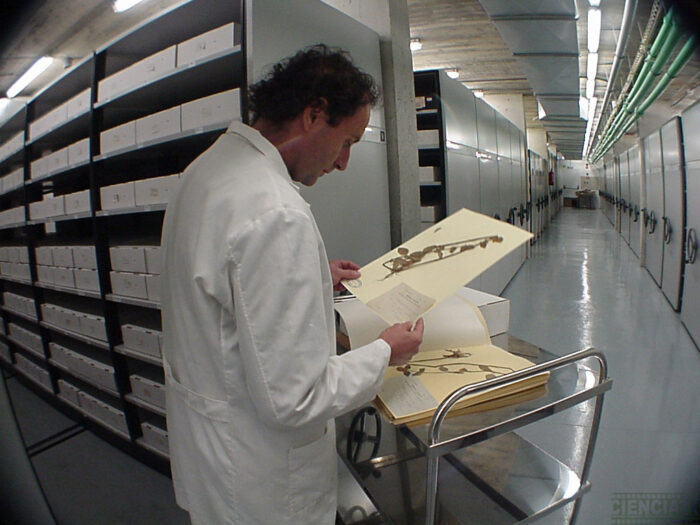
The objectives pursued by researchers from the Botanical Institute of Barcelona and the Faculty of Pharmacy and Food Sciences of the University of Barcelona are: to identify the origin of this plant, the chemical and genetic varieties of wild cannabis worldwide, the bibliographic compilation of its applications in the course of human history and its possible applications as a treatment against cancer.
In the study, led by Joan Vallès Xirau, they compare and compile the morphological and genetic differences, the variability of its chemical components (cannabinoids and terpenes), as well as the historical documents that relate to its use. In addition, in vitro tests have been proposed to verify the beneficial effects as cancer healing; the results of which are still preliminary and need to be developed.
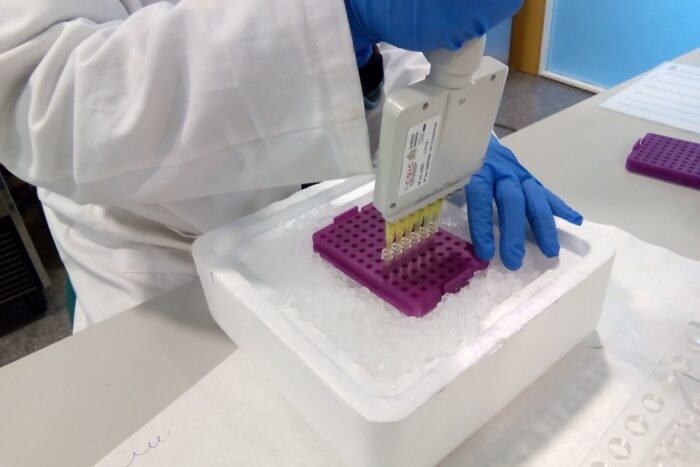
The team of twelve researchers has spread across the globe to find the purest varieties for three years. With the collaboration of local botanists, they have collected between 500 and 600 samples of the plant that grows naturally, not cultivated, improved, or hybridized by human hand. Thus, they hope to determine if there is an ancestral chemical profile, different from those currently marketed, and if the original Cannabis Sativa species comes from one or more strains.
A large part of the samples collected come from Asia and Eastern Europe, because in the rest of the continents, such as Africa and America, most of the specimens are found in plantations of varieties that have been genetically retouched by growers to adapt them to the demands from the illegal market.
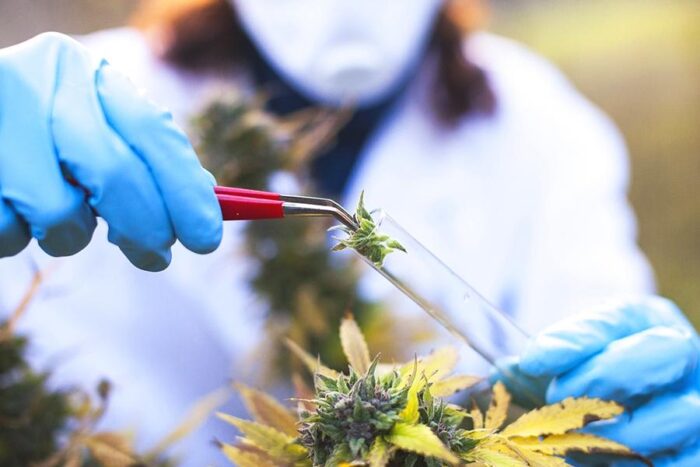
Their most advanced task is the development of a database, for which they have already collected more than 10,000 documents, most of them from India and China, the two places where the use of cannabis in ancient times is most documented.
As stated by one of the main researchers of the project, Teresa Garnatje, to the newspaper Público, cannabis “has a large number of traditional uses that could be exploited much more and that could be studied much more, especially in the medicinal aspect […] more research should be done”.
In the same article, the also director of the Botanical Institute predicts that they will have to request an extension for the AEMPS to extend the permission for the cultivation of cannabis for one year more due to a sampling deficit. Travel restrictions during the pandemic have added to existing legal obstacles in some countries to dispose of wild specimens of the plant; and the more exhaustive the sampling, the more unequivocal the results will be.
